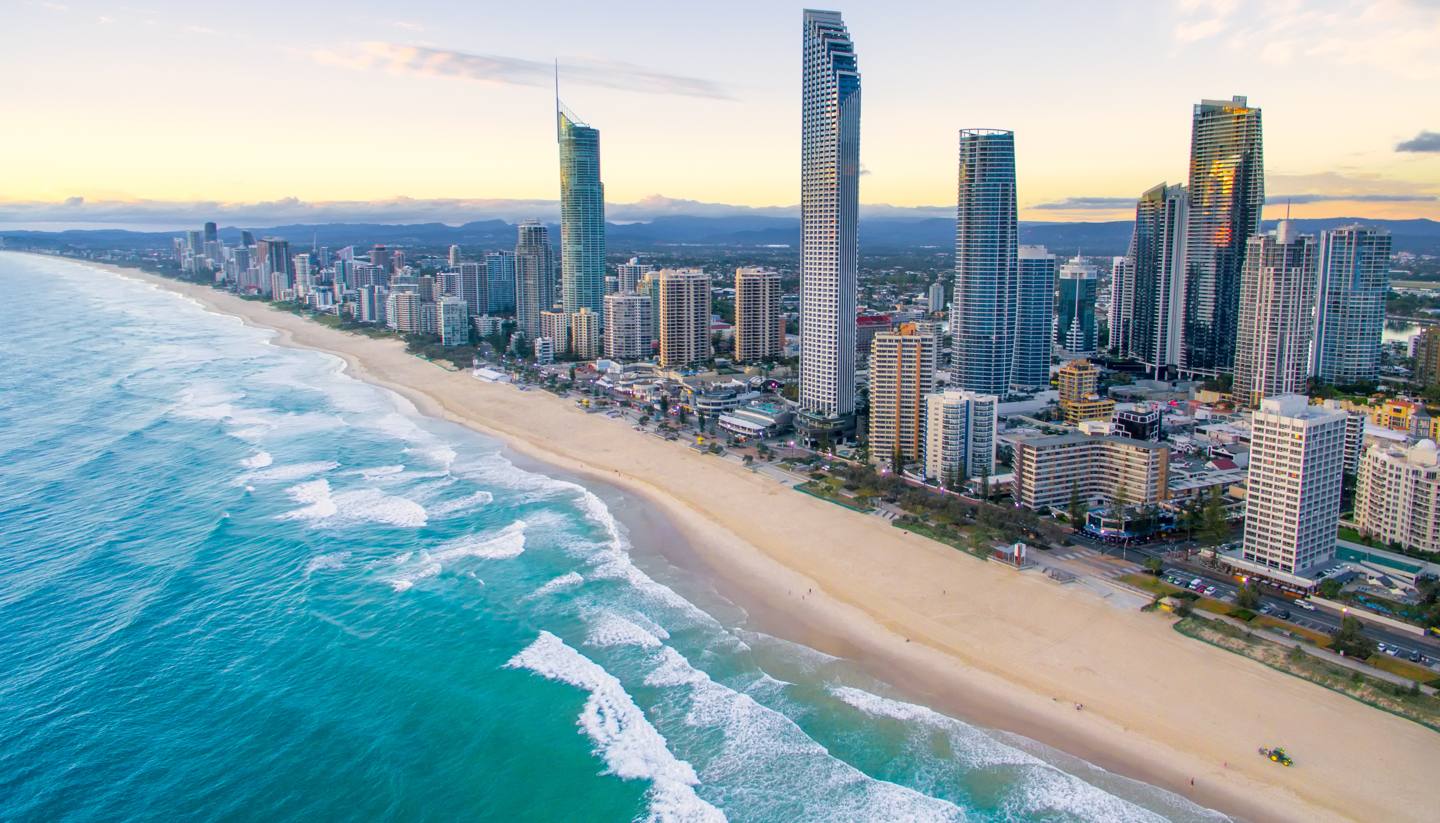A few days before the 2019 federal election, regional Queensland state MPs held crisis talks with the premier, Annastacia Palaszczuk, and her then-deputy, Jackie Trad.
They brought advance news of the thrashing that Labor was about to receive in the state’s regional areas. They said delays approving the Adani Carmichael coalmine would ultimately cost them their seats. Some had copped abuse from voters at polling stations.
Queensland Labor fast-tracked Adani’s approvals within days of the federal election rout.
At her first press conference after the 2022 federal election, Palaszczuk spoke about her “very progressive” environment agenda three years later. The following day in state parliament, government MPs gleefully roasted the climate skepticism of new federal MP Colin Boyce. They asked Dorothy Dixers about net zero emissions targets, climate change, electric buses, renewable energy, and new-economy minerals projects.
No prizes for guessing what prompted the progressive, eco-friendly tinge to the government’s messaging, with the Greens picking up three seats in Queensland en route to its greatest election result.
Labor’s state electoral success in recent years has been built largely on its dominance of Brisbane. At a state level, the Liberal National party holds only four seats in Greater Brisbane, wiped off the electoral map voters that cannot stomach the conservative Christian views of some and the anti-climate action views of others.
But suddenly, Labor’s foundations in the city look shaky. It is expected to win the federal inner-city seats of Brisbane and Ryan. But instead, it lost its city foothold – former PM Kevin Rudd’s old hub of Griffith – to the Greens. At the time of writing, Ryan was firmly in the Green column, while Greens candidate Stephen Bates claimed Brisbane on Saturday afternoon.
The Greens already hold two state seats and one on the city council. Labor’s apparent concern is not just that the Greens’ vote – fuelled by a very well-organized grassroots “social work” campaign – is growing in the inner city; it’s also spreading into the middle-ring suburbs.

The Greens think four more state seats – McConnel, Cooper, Greenslopes, and Moggill – already within striking distance will be the focus of their campaigns in 2024. Ditto six council seats and – perhaps the most ambitious target – a tilt at the Brisbane mayoralty.
The LNP lord mayor Adrian Schrinner also leaned heavily into the city’s new green vibe this week.
Our Bushland Acquisition Program has secured two hectares of precious bushland in Willawong along Brisbane’s largest creek catchment, Oxley Creek ✅🌳
This adds to more than 750 hectares purchased as part of the biggest investment in greenspace in Brisbane’s history 💚 pic.twitter.com/uGBP4kh1ov
— Adrian Schrinner (@bne_lordmayor) May 23, 2022
Labor bungled its defense of Griffith. It misread the depth of support won by the Greens’ grassroots community campaign and had believed the seat was comfortable. Less than two weeks before the election, internal polling made it clear the party was in trouble.
By that stage, it was too late. And the implications could be decades-long – for both Labor and the LNP.
“Once Greens get seats, they hang on to them and indeed expand their primary vote,” a senior LNP figure said.
“Our only hope is if Labor wins in Brisbane,” the senior LNP figure said before the Greens claimed the seat on Saturday. “Otherwise, there’s no chance of Ryan, a seat we’ve held for decades, becoming a seat the LNP might win in the future.”
Queensland is a very complex, decentralized state. And so, the Green surge produces problems for both major parties, who need support in the city and the regions to govern.
And while Labor’s challenge – stopping a Green surge at the same time as it holds on to marginal seats in Townsville – is by no means easy, still MPs and state ministers are (quite literally) laughing out loud about how much more difficult that task is now for the LNP.
The loss of inner-city seats has already led to the LNP being dominated by conservatives. It has also prompted some progressive liberals to abandon the party – a few are now discussing establishing a new one.
As the depleted ranks of moderates begin attempting to reposition the party, they’re gobsmacked by the ridiculous suggestion the party should veer further to the right.
“It’s like losing a leg and people going around saying we need to get a new arm,” one moderate told the Guardian.












